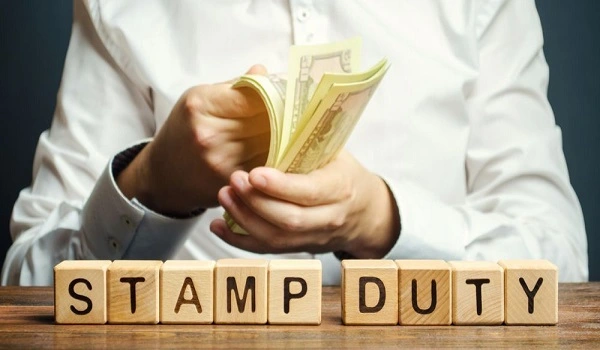Tamil Nadu Stamp Duty and Land Registration Charges 2025: Complete Guide for Property Buyers

When you buy property in Tamil Nadu, there's more to pay than just the price of the home or land. You also need to pay something called stamp duty and registration charges. These are government fees that make the purchase legal and officially recorded.
In 2025, the stamp duty in Tamil Nadu is 7% of the property's value, and registration charges are 4%. So, if you're buying a home—maybe in a project like Prestige Pallavaram Gardens in Pallavaram, a fast-growing area in South Chennai—you'll have to plan for these extra costs. This guide breaks it down simply, so you know what to expect.
Stamp duty is a tax you pay to the state government when you buy property. It's based on the value of the home or land—whichever is higher between the market price and the official government rate (called guideline value).
Let's say you're buying a house for ₹50 lakh. You'll pay 7% of that as stamp duty, which comes to ₹5 lakh.
This is the fee for registering your new property with the government. It's like getting your name officially written in the government records as the owner. In Tamil Nadu, this charge is 4% of the property's value.
So, for the ₹50 lakh house example, you'll also pay ₹2 lakh as the registration charge. Together with stamp duty, your total extra cost becomes ₹5 lakh.
Starting April 1, 2025, women buying property valued up to ₹10 lakh get a small relief: they only need to pay 3% registration charge instead of 4%. Stamp duty remains the same at 7%.
This change is meant to support more women becoming property owners in Tamil Nadu.
Let's look at how these amounts are figured out:
- Stamp duty = 7% of higher value (market or guideline)
- Registration charge = 4% (or 3% for eligible women buyers)
If a property in Pallavaram has a market value of ₹45 lakh, but the guideline value is ₹50 lakh, charges will be based on ₹50 lakh.
- Stamp duty: 7% of ₹50 lakh = ₹5 lakh
- Registration fee: 4% of ₹50 lakh = ₹2 lakh
- Total = ₹5 lakh
Do Charges Change for Different Types of Property?
Yes, some property types have slightly different rules:
| Property Type | Stamp Duty | Registration Charge |
|---|---|---|
| Residential | 7% | 4% |
| Commercial/Industrial | 8% | 4% |
| Agricultural Land | 7.5% | 4% |
Even if you're buying a pre-owned home, the same stamp duty and registration fees apply. So, the buyer pays 7% stamp duty and 4% registration—just like with a new property.
Not always. Charges can vary depending on whether the property is in a city, town, or rural area. Usually, properties in city areas like Chennai or Pallavaram may have higher guideline values, which means higher overall charges.
Depending on the situation, you may also need to pay stamp duty and registration charges on things like:
- Gift deeds (7% + 4%)
- Settlement deeds (1% if for family, 7% if not)
- Lease agreements (1% to 7%, depending on lease length)
- Mortgage documents (0.5% to 4%)
- Partition of property (1% for family, 4% for non-family)
The guideline value is the minimum price set by the Tamil Nadu government for registering land or buildings in each area. You can check the value for any property on the official website: tnreginet.gov.in.
It's important because stamp duty is always calculated on the higher value between the market price and the guideline value.
- Visit the local Sub-Registrar Office
- Fill out the form and pay in person
- You'll get your physical stamp paper or franking
- Check legal papers and hire a lawyer if needed
- Prepare the sale deed on proper stamp paper
- Visit the Sub-Registrar Office
- Get your ID verified (photo and thumb impression)
- Pay the fees
- Get your registered document
- Sale deed
- PAN card
- Aadhaar card
- Two passport-size photos
- Property tax receipt
- No Objection Certificate (if needed)
- Power of attorney (if applicable)
Since late 2023, Tamil Nadu now uses a composite registration system. Earlier, land and building parts were registered separately. Now, they are combined in one process, making it faster and easier—especially useful for apartment buyers.
| Enquiry |